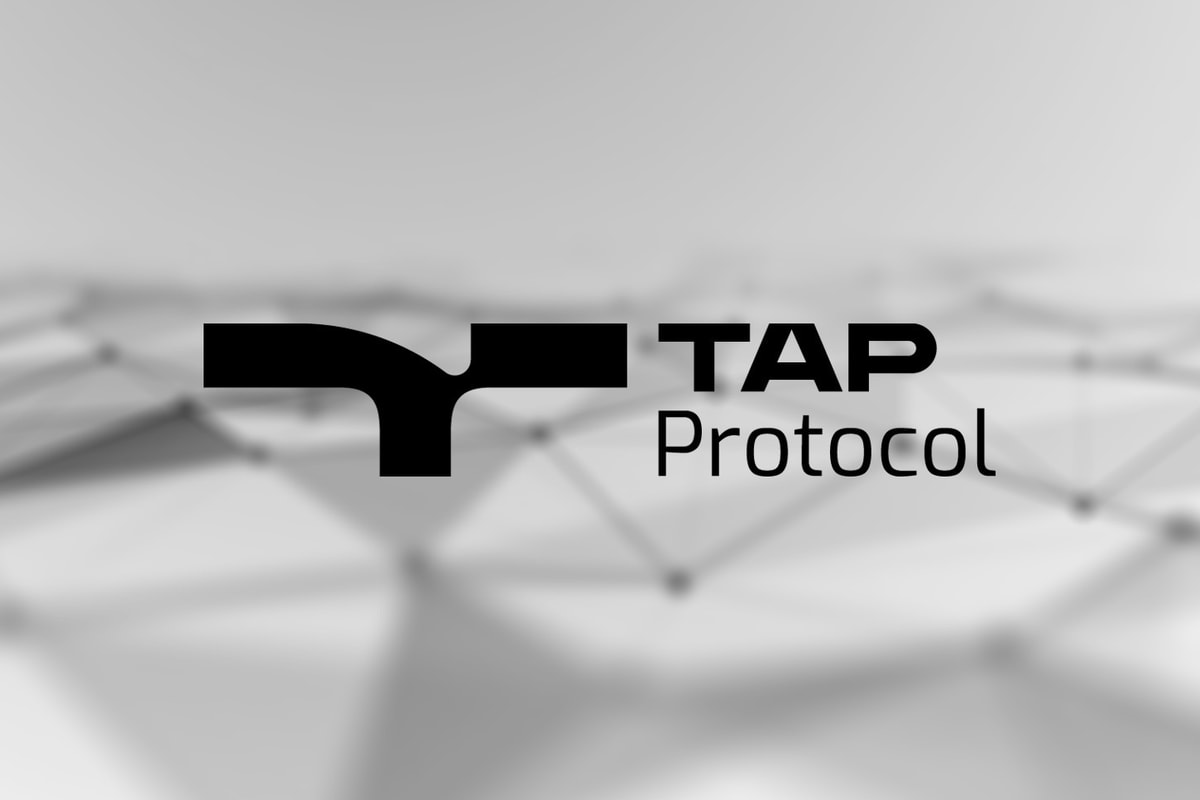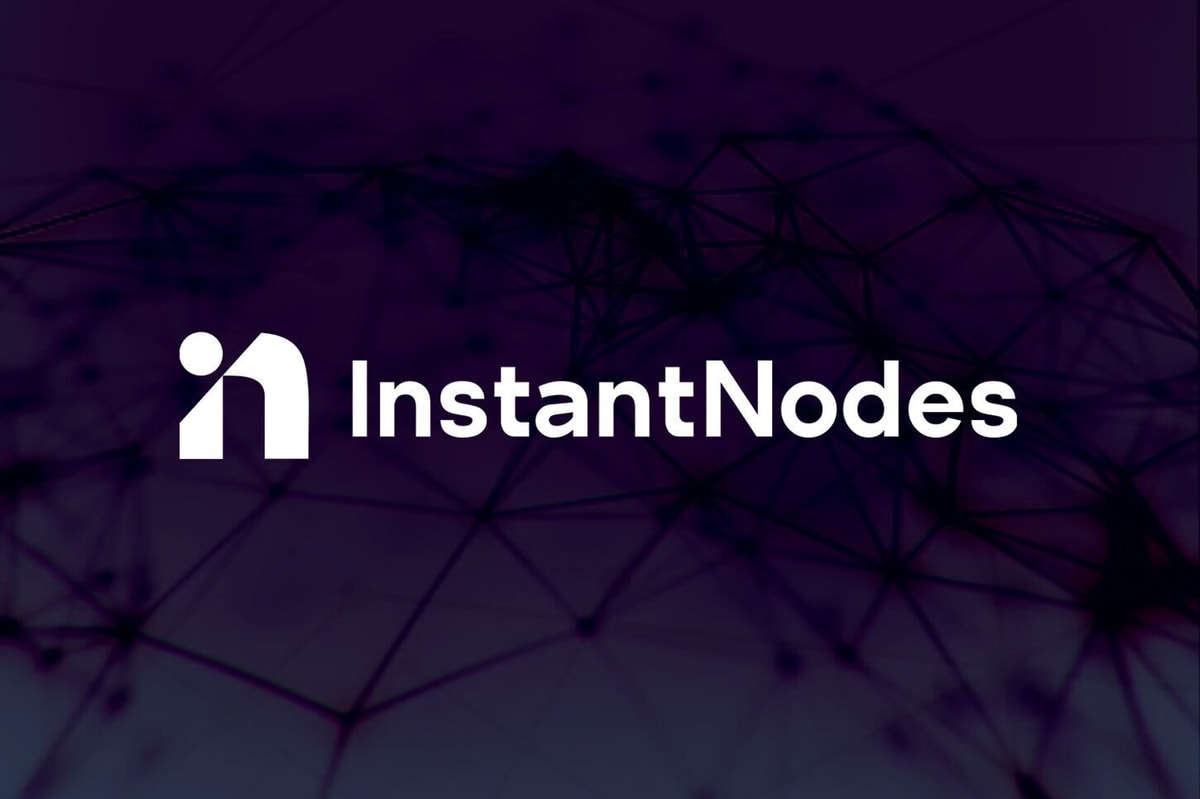John Wu, president of Avalanche Labs, and Sten Laureyssens, strategic advisor at the Waves Associations, told Cointelegraph China at its weekly Hub interview event on Feb. 4 that with interoperability and high scalability, decentralized finance could change the future of finance.
Wu believes that compared with traditional finance, DeFi is still in the early stage of development and application. However, DeFi will far surpass traditional financial institutions in the near future because its protocols are unrestricted. It also greatly saves costs and can also create considerable benefits for ordinary users.
Wu also pointed out that the ideal DeFi platform should be able to combine a decentralized cross-chain bridge with many different blockchains. He added:
“As we all know, the coolest part of DeFi is the composability between different applications. I hope that all this money Lego will be adopted and integrated together to provide users with new financial products.”
Wu revealed that the Avalanche Protocol is an open-source blockchain platform designed for DeFi, with interoperability and high scalability. More prominently, the Avalanche Protocol is the first smart contract platform to achieve confirmation within one second, supporting all Ethereum development kits.
Avalanche also hopes to help various DeFi projects on its platform. According to Wu, there are already some great projects built on Avalanche, such as automated market makers, decentralized lending, decentralized option synthesis and derivatives.
Alternatives matters
Sten Laureyssens, a strategic advisor for the Waves Association, pointed out that Robinhood and GameStop proved we need a new alternative system. He explained:
“Robinhood and GameStop will make investors realize that the current existing traditional system is not suitable for them. The most important question is: What suitable alternatives are available in the blockchain field?”
High inflation in countries, such as Turkey and Brazil, is another reason why an alternative system is vital, Laureyssens believes. He added:
“Some people are buying stablecoins because they don’t need a bank account to exchange money directly into cryptocurrency. However, this is far from enough. What users really need is the high-yield capability in decentralized finance.”
According to Laureyssens, Waves, as a powerful blockchain-agnostic ecosystem focused on inter-chain DeFi, has a vision to be the embodiment of technological freedom for blockchain-based finance.
Laureyssens also pointed out that the current DeFi space still lacks a better solution to give users a better experience. Waves is actively participating in the DeFi ecosystem and building DeFi infrastructure.
Moving forward with win-win partnerships
According to Wu and Laureyssens, both Avalanche and Waves are working closely with each other to try to find urgent solutions to connect different blockchain applications and platforms. Wu added:
“Many DeFi projects we are speaking with believe in a multi-chain future and are interested in building multiple chains. A robust cross-chain bridge that can not only handle token transfers but also general cross-chain communication increases the possibility of genuinely new applications.”
Wu continued that when it comes to scalability and security for blockchain applications, many people think that sharding is a scalable solution, but it brings some problems. There is always a trade-off between scalability and security. He explained:
“If you allow cross-shard communication, that can lead to an application potentially accepting a double spend. If you do not allow cross-shard communication, then sharding becomes pointless. Also, if you have more shards, and it leads to a bad user experience if users need to learn how to interact with many shards.”
The best thing to do, Wu believes, is to design a base chain that can scale, which is what Avalanche has been doing, according to him.
Bull market ahead
Both speakers agreed that with more and more institutional investors starting to embrace Bitcoin (BTC) as a store of value to hedge against the increasingly weakening fiat currencies, the crypto bull market is very likely to continue in 2021. Laureyssens stated:
“The global central bank’s ‘injecting large amounts of funds into the global financial system’ also promoted the rise of Bitcoin prices, and the Bitcoin bull market may continue. In 2021, Bitcoin will usher in a larger bull market cycle, but it will also be a slower cycle. In this sense, Bitcoin price fluctuations will be lower.”











